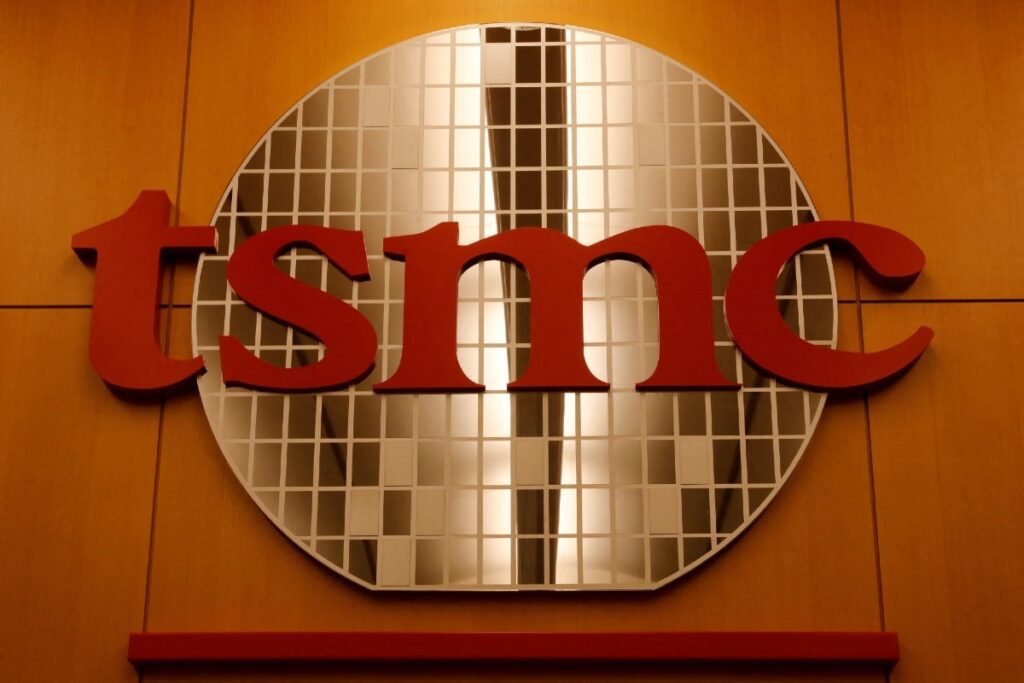Taiwan Semiconductor Manufacturing Co. is planning more factories in Europe with a focus on the artificial intelligence (AI) chip market, according to a senior Taiwanese official, as the chipmaker expands its global presence.
“They have started building the first factory in Dresden and are already planning several more factories in the future for different market sectors,” Taiwan’s National Science and Technology Council Minister Wu Cheng-wen told Bloomberg TV in an interview broadcast on Monday.
Wu did not specify a timeline for further expansion of the Taiwanese chip maker in Europe. TSMC said in an emailed statement that it remains focused on its current global expansion projects and has no new investment plans at this time.
TSMC, which is the world’s largest chip maker and makes most of its semiconductors in Taiwan, is spending tens of billions of dollars setting up new sites in the US, Japan and Germany, in part to hedge against rising geopolitical tensions with China.
In August, it launched a 10 billion euro ($10.9 billion, roughly 91,789 crore rupees) chip manufacturing plant in Dresden, Germany, for what will be its first plant in the European Union. Approximately half of the funds for this project will be covered by state subsidies, and production should start by the end of 2027.
Wu said the artificial intelligence market, including chips for US company Nvidia Corp. and Advanced Micro Devices Inc., will be the most important segment, while other semiconductor companies with alternative designs could also offer opportunities for TSMC.
“Maybe they can work in the European market as well, so TSMC is looking at that for planning its next few factories,” he said, adding that the company will have to evaluate whether to expand in Dresden or build in other parts of the EU. .
While established European chipmakers, including NXP Semiconductors NV and Infineon Technologies AG, are focused mainly on mature technologies for the industrial and automotive sectors, a number of next-generation chip designers have emerged in Europe, including Germany’s Black Semiconductor and Axelera AI in the Netherlands.
TSMC’s overseas factories also create opportunities for nearby countries and cities to secure investment from their suppliers. For the Dresden venue, the Czech Republic seems poised to emerge victorious as Prague and Taipei have deepened their relationship in recent years.
According to Wu, the Taiwanese government is considering supporting TSMC’s suppliers to invest in the Czech site near Dresden. He said he is also looking to facilitate joint research and development programs for academics in Taiwan and the Czech Republic.
Prague has official diplomatic relations with Beijing, but establishes closer trade and informal ties with Taipei. Several high-ranking Taiwanese officials, including Wu, have traveled to the Czech Republic over the past year. Former Taiwanese president Tsai Ing-wen is also visiting the country as the first stop of her European tour.
Separately, Wu said he expected Taiwanese chip companies to face further pressure to expand in the US regardless of the outcome of November’s presidential election. So far, TSMC has pledged more than $65 billion to build three plants in Arizona.
“In the short term, maybe it’s painful for Taiwanese companies because it’s more expensive to move there,” he said. “But in the long run, maybe it’s good for them, from my point of view, because they can improve.”
© 2024 Bloomberg LP


